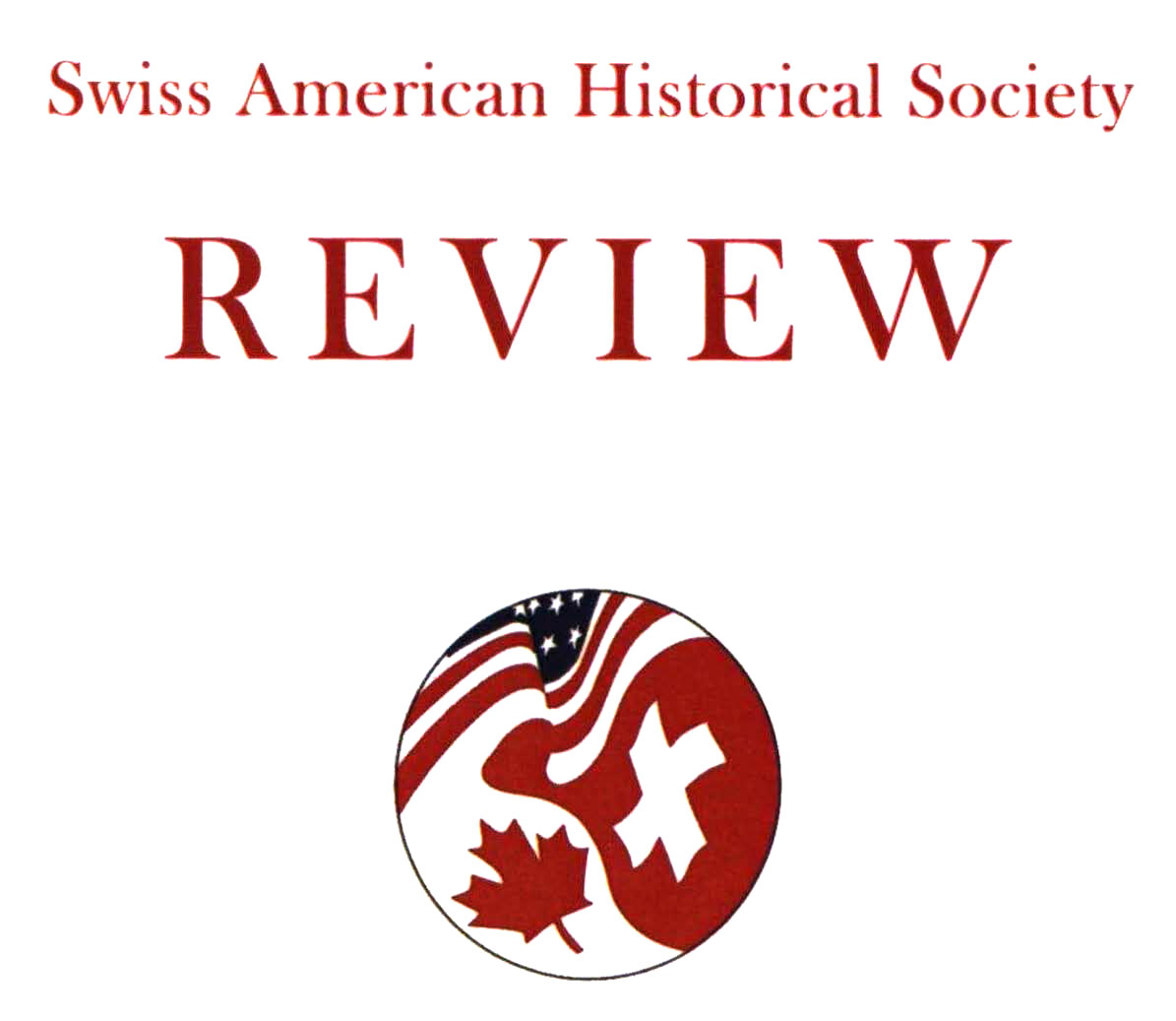Swiss American Historical Society Review

Keywords
Swiss immigrant, Protestant theology, Gary Pranger, German theology, European intellectual life
Abstract
Living in the light of a larger world experience, Philip Schaff, a Swiss educated in Germany and living in America, became one of the nineteenth century's foremost church historians. As a biblical scholar and theologian, Schaff became an advocate of the Mercersburg theology or "mediating evangelical theology." Schaff's intellectual and theological development, Gary Pranger's recent portrait argues, was formed in the context of an European-American exchange. Schaff's immigrant experience also provided the basis on which his later achievements as an advocate for ecumenical cooperation would become possible. Furthermore, Pranger's thesis contends that Schaff's own experience mirrored the nineteenth century world of Protestant theology as a melding, or merging of both German- and Anglo-American theological ideas. Pranger argued that Schaff's life, his work, his network of associations with scholars, theologians, political and religious leaders on both sides of the Atlantic acted as a foreshadowing of the later nineteenth century liberalization of American Protestantism. Schaff, however, resisted abandoning his evangelical roots in biblical theology and continued to battle elements of German higher criticism, unlike many of his American theological counterparts. Thus, when he died in 1893, his impact would be minimized and out of step with the Protestantism of the twentieth century. However, Pranger points out that his lasting contribution, which continues to explain the demand for his works today, were his extensive works in church history that have subsequently influenced later twentieth century church 45 historians such as Christopher Dawson and Kenneth Latourette.
Recommended Citation
Dobschütz, Barbara
(1998)
"Book Review: Phillip Schaff. Portrait of an Immigrant Theologian,"
Swiss American Historical Society Review: Vol. 34:
No.
3, Article 6.
Available at:
https://scholarsarchive.byu.edu/sahs_review/vol34/iss3/6
